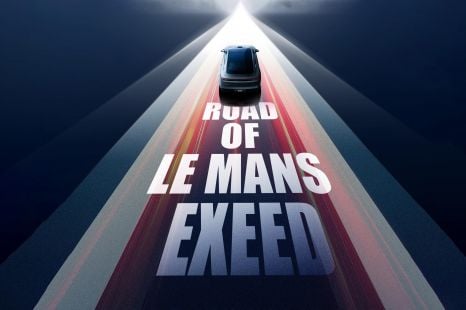

Andrew Maclean
Chery confirms plans to enter Le Mans
2 Hours Ago
Guest User
My dashboardJ.D. Power finds new EV owners love the low service costs, experienced owners have less range anxiety, and that Tesla tops the charts.

Senior Contributor
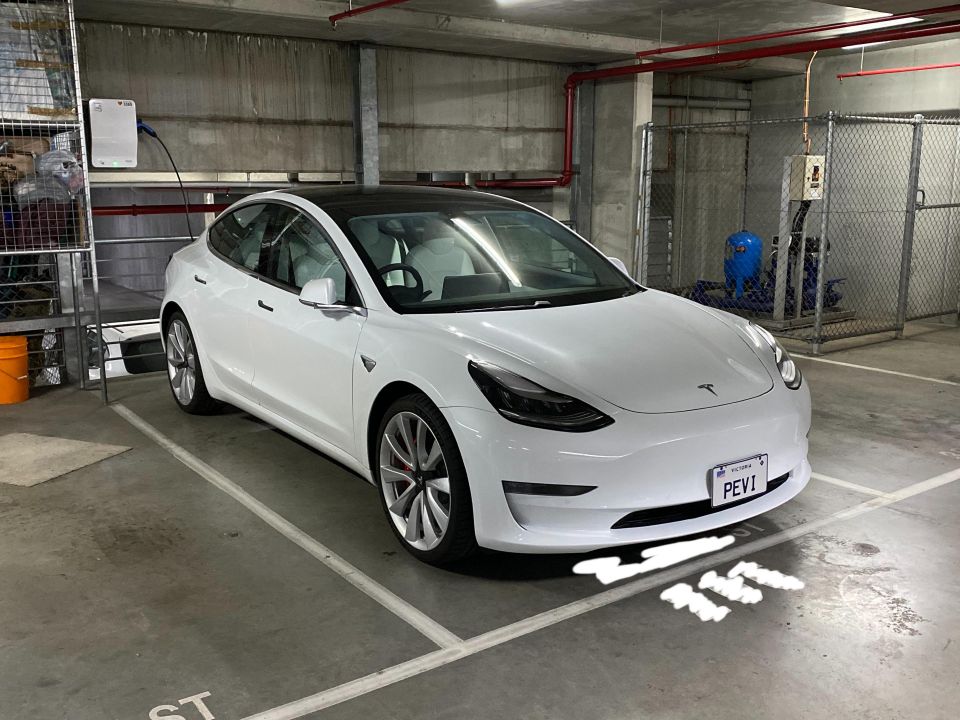

Senior Contributor
Tesla and Kia sit atop survey firm J.D. Power’s latest US Electric Vehicle Experience Ownership Study – just as they did in last year’s iteration.
The survey of 8122 North American BEV and PHEV owners focused on ten aspects of ownership, across premium and mass-market segments.
Admittedly, the field doesn’t appear all that diverse with BEVs still in their relative infancy, meaning early-mover Tesla naturally has an advantage due to scale. Some folks also point out that self-reported surveys inherently amplify brand bias too, but I digress.
The aspects studied were: claimed range, accuracy of range, availability of public charging, ease of home-charging, overall cost of ownership, service experience, driving enjoyment, interior and exterior styling, safety and technology features, and vehicle quality or reliability.

In 2021’s survey there were only seven criteria, with no consideration given to styling, safety and tech, and service experience.
Overall satisfaction levels suggested that “first-time owners who have made the switch to battery electric vehicles are discovering that it is a positive experience,” according to the research firm.
“BEV veterans” who are onto at least their second electric car recorded slightly higher satisfaction ratings, calculated as 766 on a thousand point scale as opposed to 754 for first-timers, suggesting EVs grow on you. Or you simply adjust.
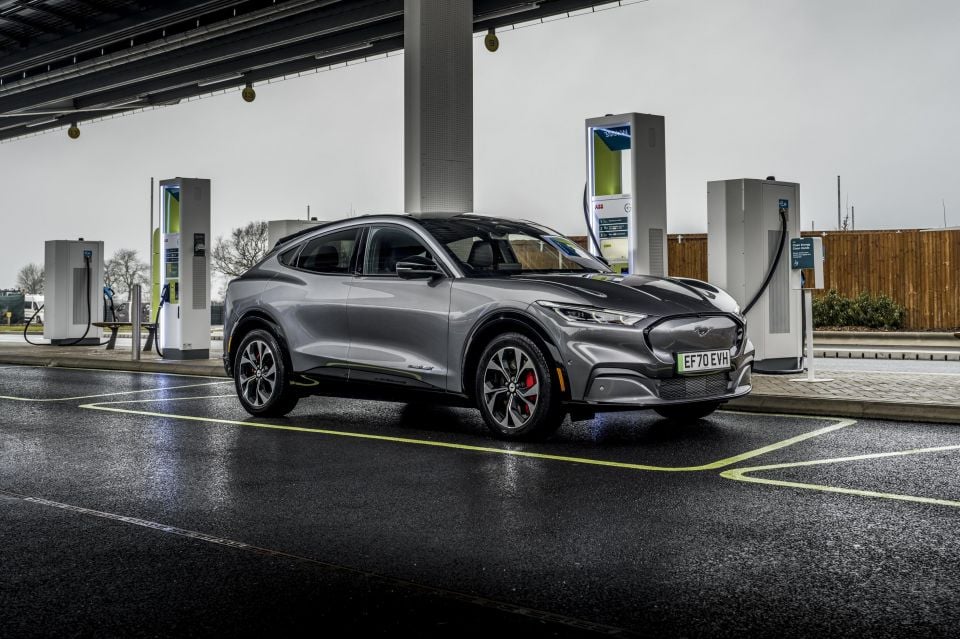
Yes, satisfaction among first-time owners was higher for service experience, driving enjoyment, and styling, but those BEV veterans with more experience in the real-world showed greater levels of satisfaction with both claimed battery range and the subsequent accuracy of said claim – suggesting they learn to drive more efficiently.
Moreover, while people seem to immediately appreciate that BEVs are cheaper to run and clearly enjoy the instant motor torque, there’s an adjustment period around ownership, since veteran owners seem to know how much range they’ll actually require as opposed to what they think they’ll need.
From a model perspective, the standout achievers were the Tesla Model 3 (overall winner) just ahead of the runner-up Model Y, followed by the Kia Niro and Ford Mustang Mach-E.
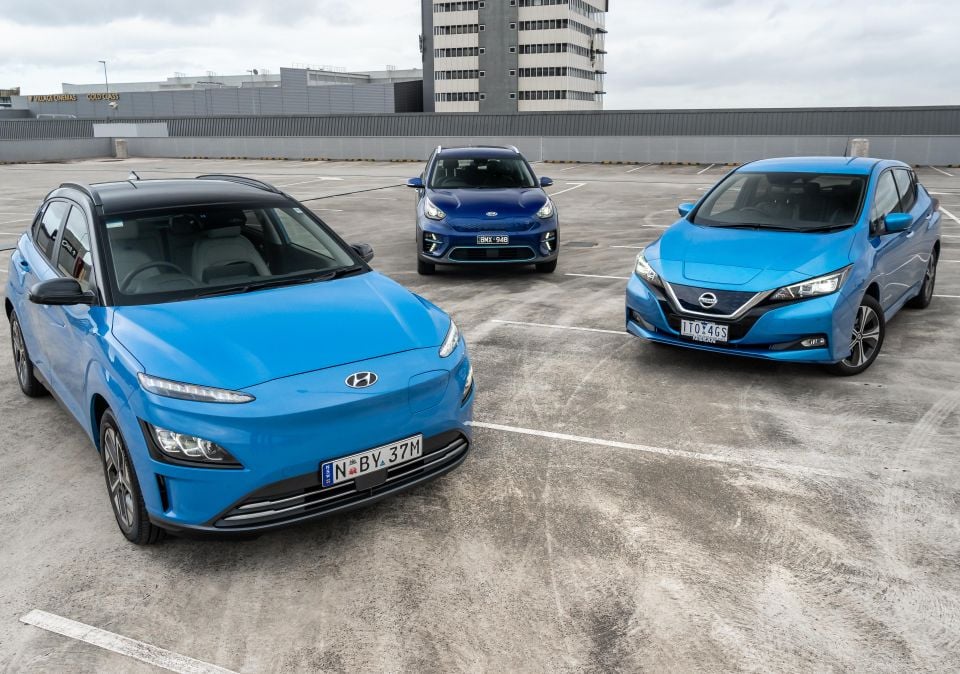
J.D Power rather misleadingly labels the Kia and Ford, but not the Tesla Model 3, as “mass market”. Since Tesla is the top-seller, what could be more mass market than that?
Overall customer satisfaction index rating:
Mass market customer satisfaction index rating:
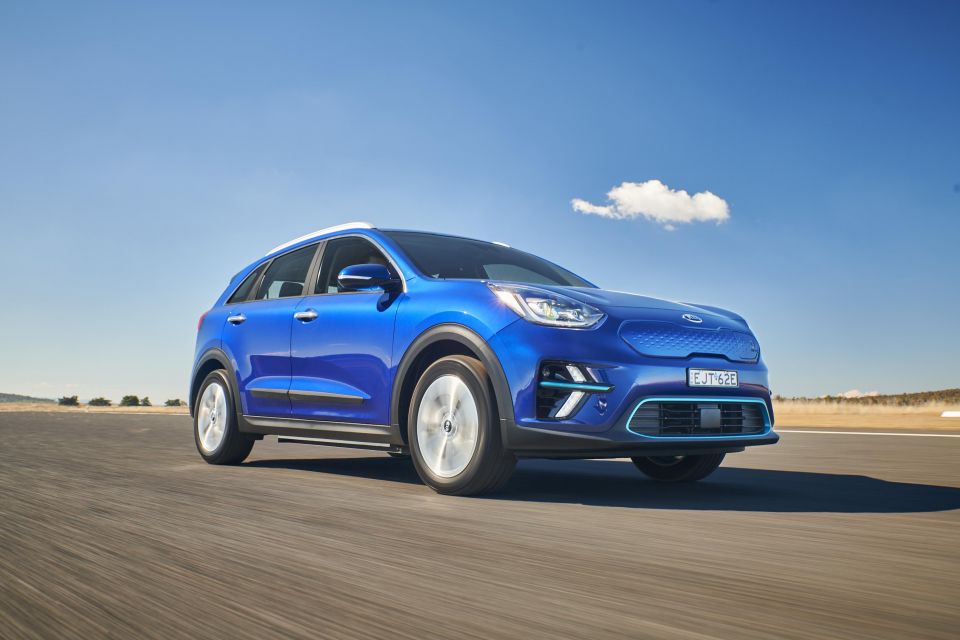
Last year’s respective winners were the Model S and Niro, meaning not much seems to have changed on the satisfaction front. There were far fewer 3s and Ys out there during the previous survey period, too.
While Tesla’s early build quality issues and some driver-assist bugs have been publicised, it seems that US EV owners consider such criticisms overblown in reality. This makes Tesla the most-loved and most popular EVs in the North American market.
“Making the initial leap of faith into owning a BEV is proving to be very satisfying,” said J.D. Power’s senior director of global automotive Brent Gruber.
“We know from our research that many consumers have concerns during the purchase consideration process with aspects like battery range and vehicle charging. However, once someone has purchased a BEV, they’re pretty much hooked.
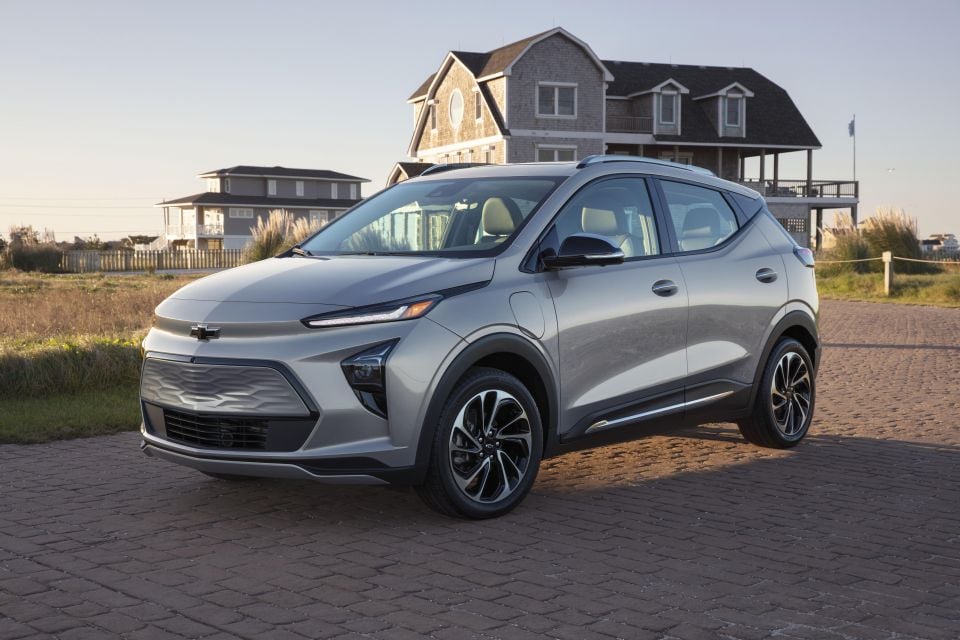
“What will keep first-time owners coming back to buy another BEV is the compelling experience with the safety and technology features, lower service and maintenance costs, and pure driving enjoyment.”
Range satisfaction is a key purchase reason
As batteries and driving ranges improve, veteran BEV owners cited this aspect of ownership as the top purchase reason in both premium and mass market segments – 86 per cent and 87 per cent respectively.
Further, when owners say BEV range never affects driving habits compared with range regularly affecting driving habits, satisfaction improves 119 points in the premium segment and 107 points in the mass market segment.
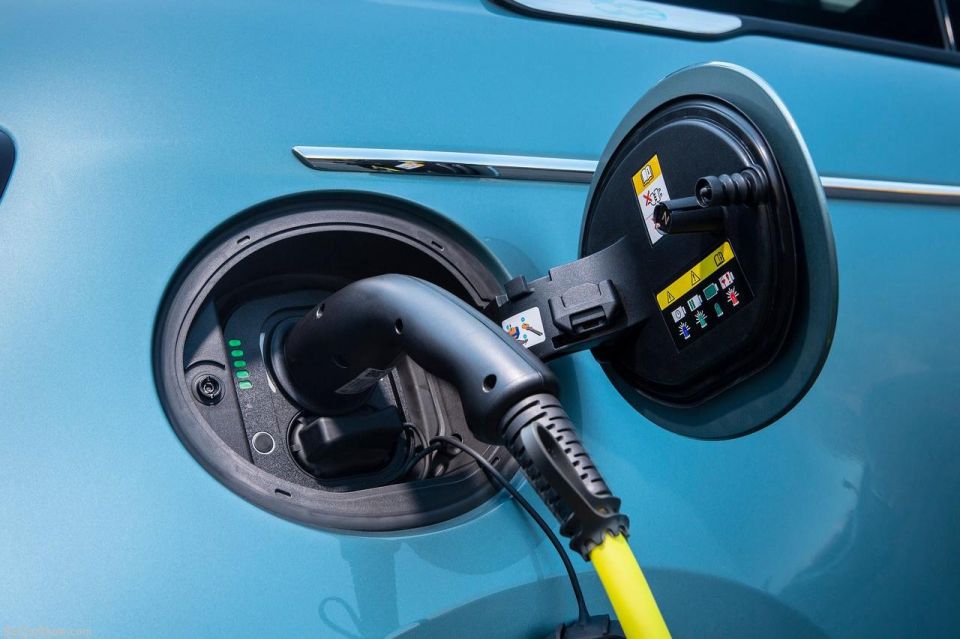
Incentives improve satisfaction
Umm, yeah. More than two-thirds (68 per cent) of EV owners received a purchase incentive. Overall satisfaction is higher among owners who say incentives are very easy to get (760) versus among owners who say incentives are somewhat/very difficult to get (712).
Among owners who cite incentives as a key purchase driver, 79 per cent received a federal tax credit/rebate, but only 59 per cent of that group say it was very easy to receive.
Quality and reliability vary
Infotainment is the most vexed category for owners of mass market BEVs (26.2 problems experienced per 100 vehicles, PP100), whereas the leading problems in the premium BEV segment are exterior finish (14.6 PP100), and squeaks and rattles (13.4 PP100).
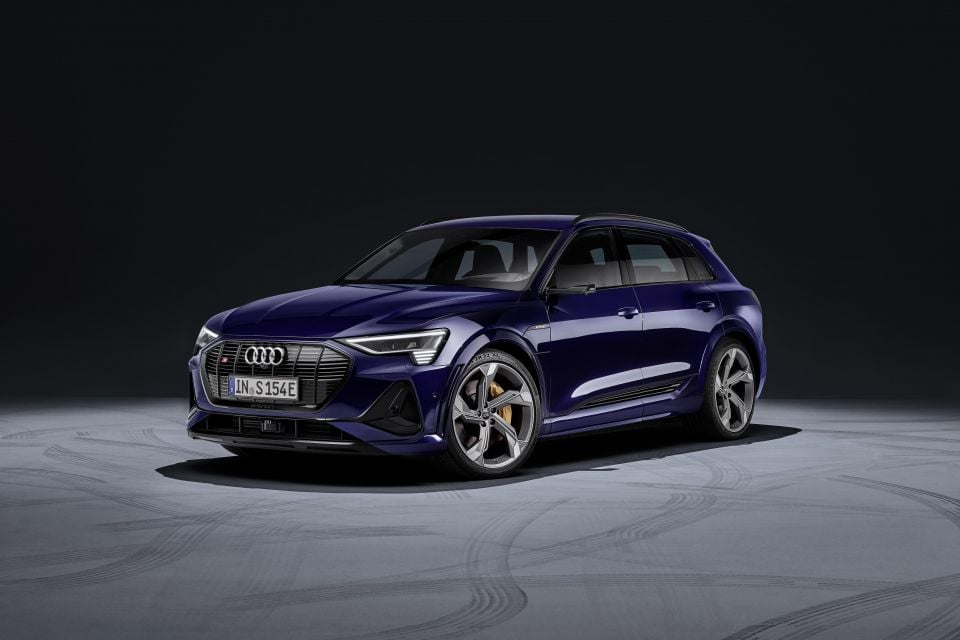
“Quality and reliability are extremely important factors to which manufacturers will have to pay close attention,” Mr Gruber added.
“As the EV market matures, EV owners will compare the build quality to internal combustion engine models. Our research finds that, in general, EVs aren’t problematic because of the model type, but problems experienced are often related to technology- and feature-laden models, which present some challenges for minimising quality issues.
“There’s essentially more to go wrong.”
Not with the powertrain though…


Andrew Maclean
2 Hours Ago
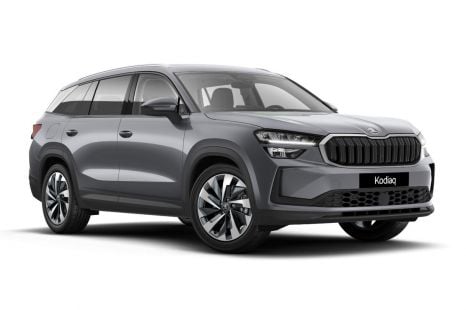

Max Davies
2 Hours Ago
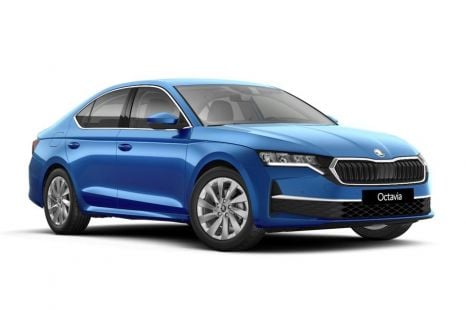

Max Davies
2 Hours Ago
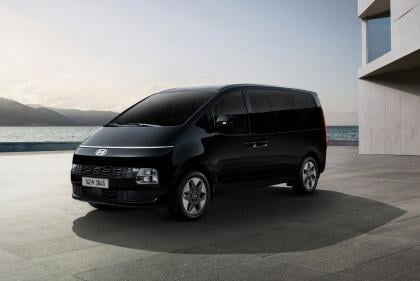

Damion Smy
4 Hours Ago
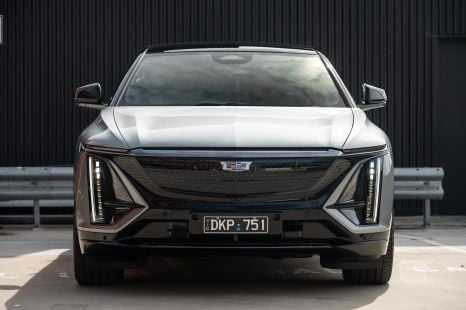

William Stopford
8 Hours Ago
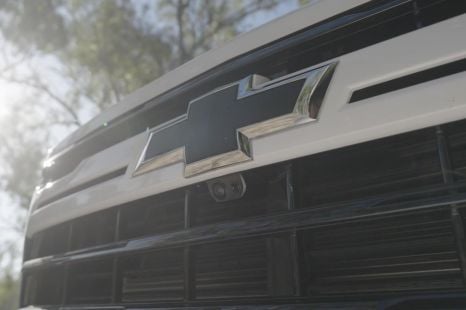

Ben Zachariah
9 Hours Ago